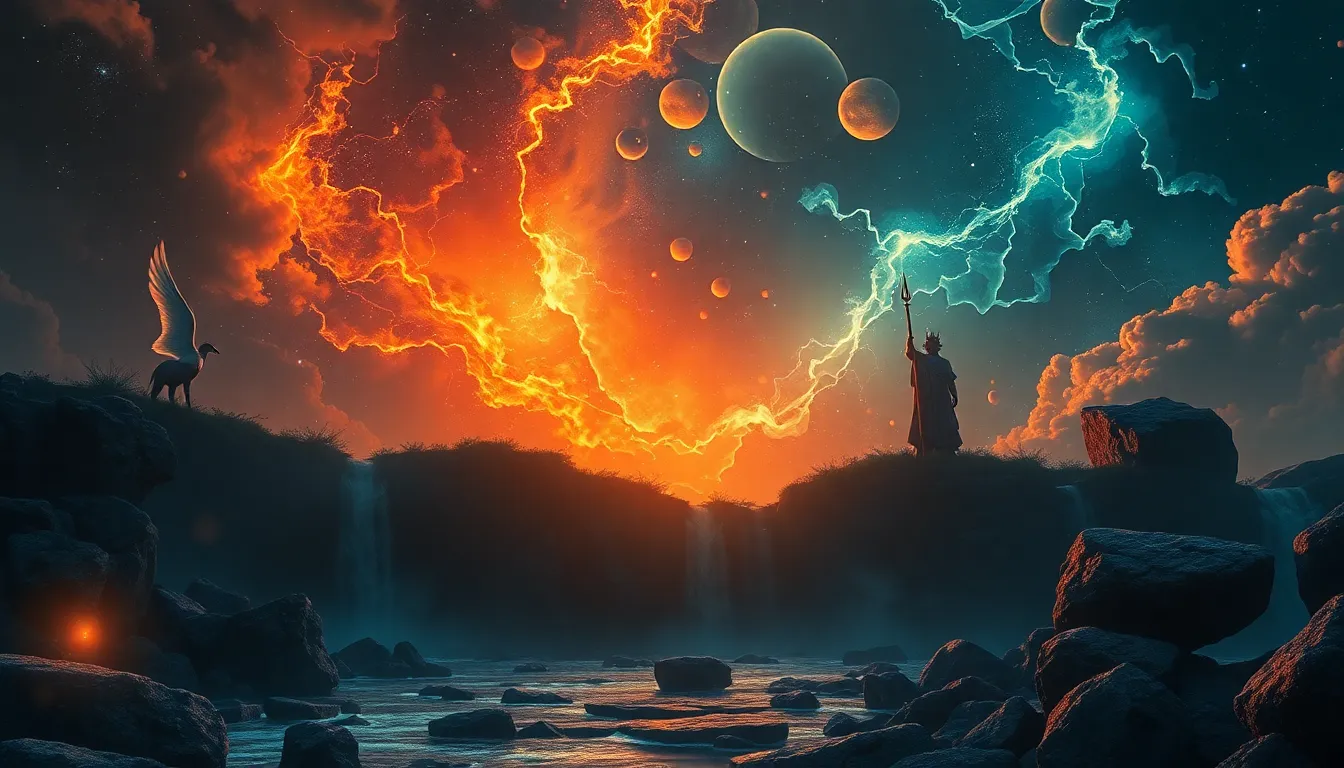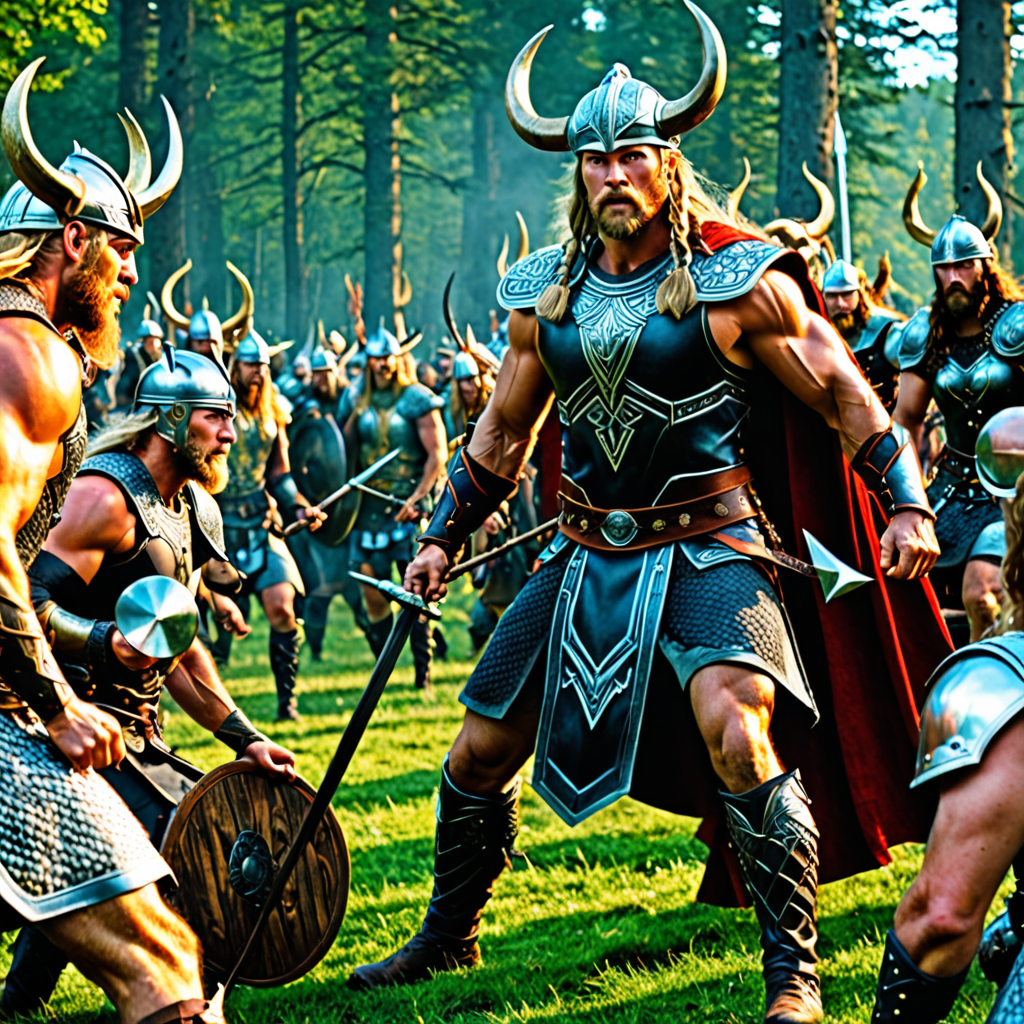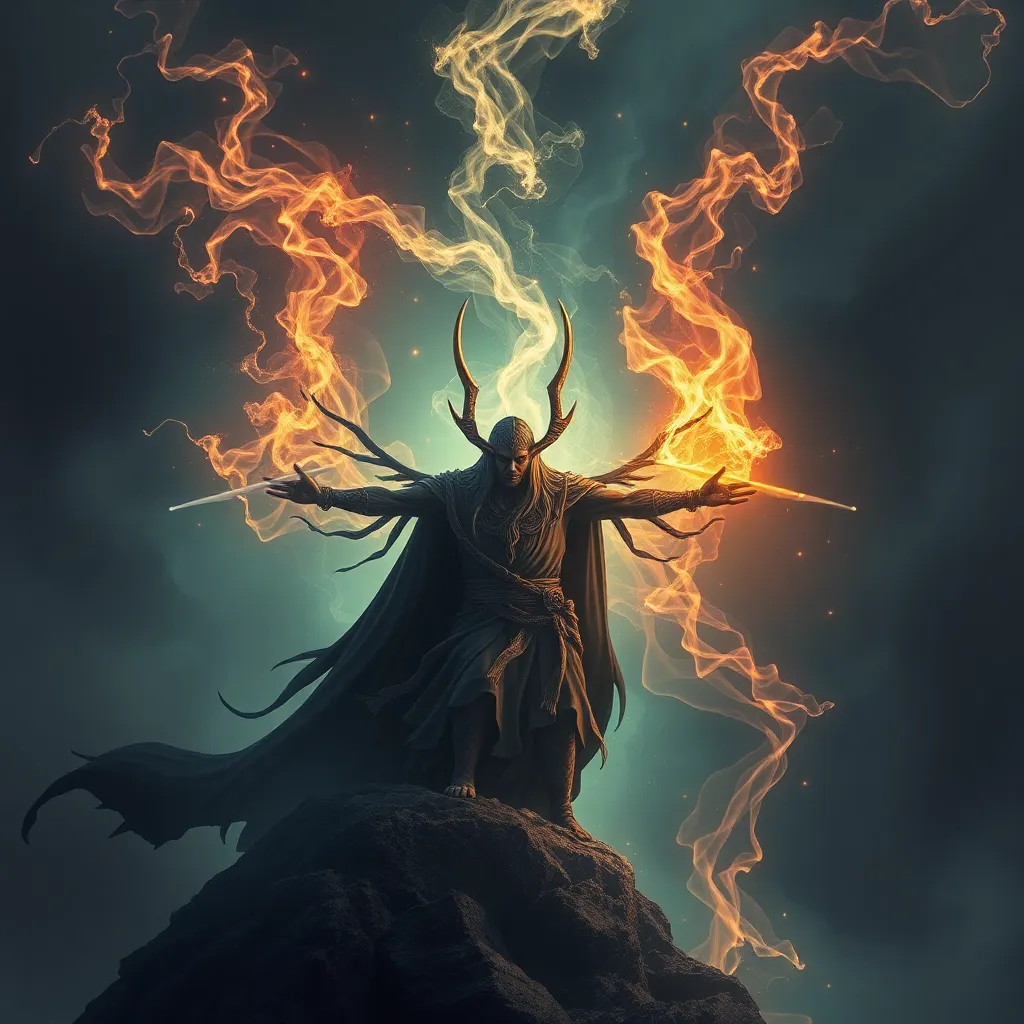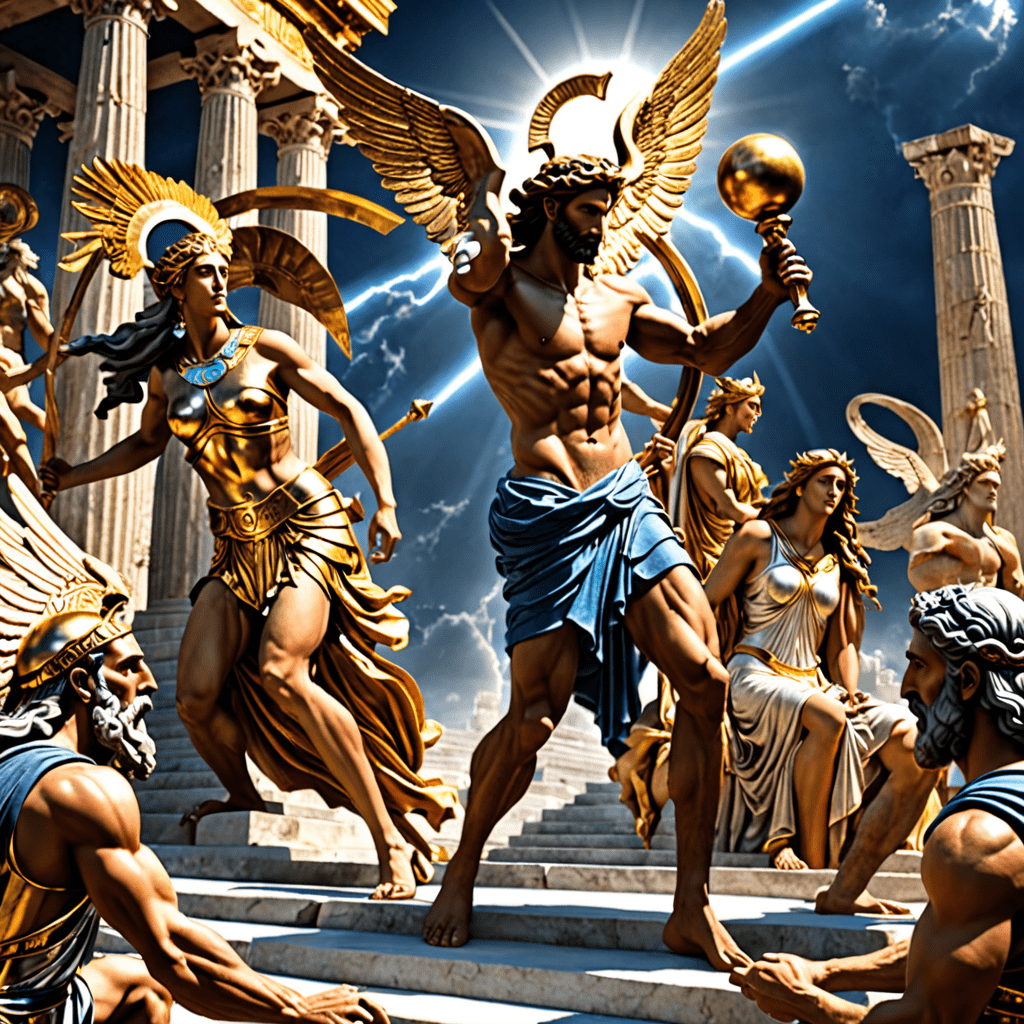The Enchanted Beginning: Creation Myths That Captivate the Imagination
I. Introduction to Creation Myths
Creation myths are profound narratives that describe the origins of the Earth, humanity, and the universe. They serve as foundational stories that shape the cultural identity of societies, providing explanations for life’s mysteries and the nature of existence.
Across various cultures, these myths hold significant importance, as they encapsulate the values, beliefs, and historical experiences of people. By exploring creation myths, we engage with the rich tapestry of human thought and creativity, illuminating how different societies have sought to understand their place in the cosmos.
II. The Role of Creation Myths in Cultural Identity
Creation myths play a crucial role in shaping societal values and beliefs. They often reflect the worldview of a culture and influence moral codes, traditions, and practices.
- Shaping Values: Myths can instill a sense of purpose and belonging, guiding individuals in their personal and communal lives.
- Historical Narratives: Many societies intertwine their creation stories with historical events, linking the past with the present.
- Cultural Examples:
- The Māori of New Zealand tell the story of Ranginui (Sky Father) and Papatuanuku (Earth Mother), which conveys deep respect for nature.
- The Navajo creation story emphasizes harmony and balance, shaping their values around community and environment.
III. Common Themes in Creation Myths
While creation myths are diverse, several common themes emerge across different cultures:
- Emergence from Chaos: Many myths describe the universe emerging from a primordial chaos, symbolizing order arising from disorder.
- Divine Beings: Most creation narratives involve gods or divine forces that take an active role in the creation process.
- Significance of Duality: The contrast between light and darkness, order and chaos, is frequently explored, illustrating the balance of opposing forces.
IV. Notable Creation Myths from Around the World
Creation myths vary widely across cultures, each offering unique insights into human existence:
- The Genesis Creation Narrative: In the Judeo-Christian tradition, the Book of Genesis describes God creating the world in six days, culminating in the creation of humankind in His image.
- The Enuma Elish: This Babylonian myth narrates the rise of Marduk, who defeats the chaos monster Tiamat and creates the world from her body.
- The Popol Vuh: The Mayan creation story details the gods’ attempts to create humans, ultimately leading to the creation of corn-based beings.
- The Dreamtime: Aboriginal Australian beliefs encompass a time when ancestral spirits created the land, animals, and people, illustrating a deep connection to nature.
V. Symbolism and Imagery in Creation Myths
Creation myths often use rich symbolism and imagery to convey complex ideas:
- Use of Symbols: Symbols such as water, earth, and light are prevalent, representing life, fertility, and knowledge.
- Common Imagery:
- Water symbolizes both chaos and life, often depicted as the primordial element.
- Light frequently represents knowledge, clarity, and the divine presence.
- Impact on Modern Storytelling: These symbols continue to influence literature, art, and media, enriching contemporary narratives.
VI. The Psychological and Philosophical Implications of Creation Myths
Creation myths delve into profound psychological and philosophical questions:
- Existential Questions: Myths often address the “why” of existence, exploring humanity’s purpose and origin.
- Psychological Comfort: They offer reassurance and understanding, helping individuals cope with life’s uncertainties.
- Philosophical Interpretations: Scholars interpret these stories as reflections of human consciousness and the quest for meaning.
VII. Creation Myths in Modern Literature and Media
Creation myths find new life in contemporary literature and media:
- Adaptations: Many authors reinterpret ancient myths, weaving them into modern narratives that resonate with current societal issues.
- Influence in Film and Television: Movies and series often draw upon mythological themes, creating compelling stories that explore the human experience.
- Resurgence of Interest: There is a growing fascination with mythology, evident in popular culture, where themes of creation and existence are frequently revisited.
VIII. The Intersection of Science and Creation Myths
Creation myths and scientific theories often engage in a dialogue:
- Comparative Analysis: Myths provide narratives that contrast with scientific explanations, offering different perspectives on creation.
- Addressing Scientific Concepts: Many myths metaphorically address concepts like evolution and the Big Bang, illustrating humanity’s quest to understand the cosmos.
- Ongoing Dialogue: The relationship between science and mythology continues to evolve, prompting discussions about the nature of truth and belief.
IX. The Evolution of Creation Myths Over Time
Creation myths are not static; they evolve with cultures and societies:
- Adaptation to Change: As societies transform, so do their myths, reflecting new values and beliefs.
- Globalization’s Impact: The spread of cultures leads to the blending of mythologies, creating hybrid creation stories.
- Emergence of New Stories: In response to modern challenges, fresh narratives arise, addressing contemporary issues while maintaining mythological roots.




